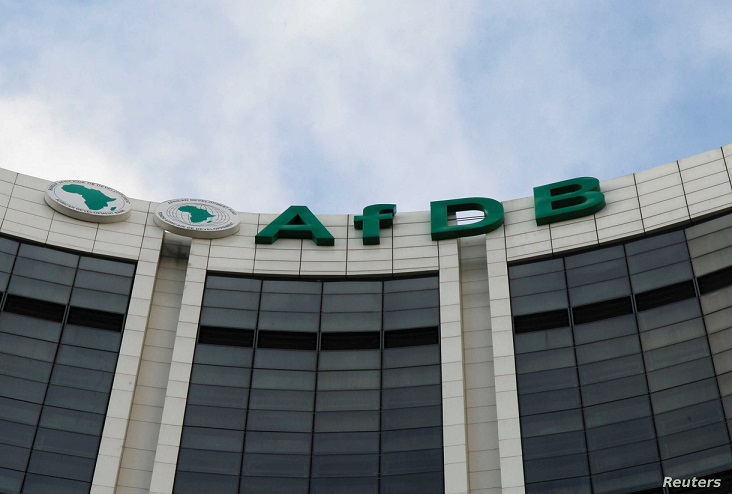The Board of Directors of the African Development Bank Group approved a grant of $8.1 million to South Sudan to fund its Emergency Food Production Programme.
Allocated through the Transition Support Facility, the grant constitutes additional financing to the ongoing Agricultural Markets, Value Addition and Trade Development Project (AMVAT). AMVAT seeks to contribute to reduced food insecurity, poverty reduction, economic growth and building of community and household resilience and social cohesion.
Exacerbated by climate hazards, the threat of a food crisis has long loomed over South Sudan, which has not been food self-sufficient since 2009 Some 8.9 million people, more than 70% of the population, including 4.6 million children, received humanitarian aid in 2022. This is 600,000 more people than in 2021, according to the World Food Programme. But the threat of a food crisis has never been greater, due to the impact of the war in Ukraine.
This Emergency Food Production Programme targets an additional 600,000 of the most vulnerable groups in five states where recent severe flooding has affected hundreds of thousands of households and resulted in heavy crop and livestock losses: Northern Bahr el Ghazal, Upper Nile, Western Bahr el Ghazal, Eastern Equatoria and Western Equatoria. Those who have received food aid in recent years – half of them are women – will get priority.
Nnenna Nwabufo, the Bank’s Director General for East Africa, said, “it is a continuation of the of the performing AMVAT project, but with a focus on the emergency food crisis and disruption of supply of critical inputs for food production in South Sudan”.
The project will boost agricultural production and productivity in these five states using improved seeds, fertilizer, and extension services for farmers and to strengthen the institutional capacity of the agricultural sector.
Specifically, 498 million tonnes of sorghum seeds, the same amount of cowpea seeds, and 10 million tonnes of rice seeds will be distributed to farmers, who will also receive 30 million tonnes of fertilizer.
“To ensure that these measures are effective and sustainable, the project has provided for the training of thousands of farmers, nearly half of whom are women, on good agronomic practices and the right application of fertilizer,” said Themba Bhebhe, the Bank Group’s Country Manager for South Sudan.
The project will boost agricultural production and productivity in these five states using improved seeds, fertilizer, and extension services for farmers and to strengthen the institutional capacity of the agricultural sector.
Specifically, 498 million tonnes of sorghum seeds, the same amount of cowpea seeds, and 10 million tonnes of rice seeds will be distributed to farmers, who will also receive 30 million tonnes of fertilizer.
“To ensure that these measures are effective and sustainable, the project has provided for the training of thousands of farmers, nearly half of whom are women, on good agronomic practices and the right application of fertilizer,” said Themba Bhebhe, the Bank Group’s Country Manager for South Sudan.
Once completed, the project will lead to a sustainable increase in the country’s agricultural production and productivity, higher incomes, and, improved quality of life for farmers. It will also help promote climate-smart agriculture and enhance the country’s food security.
To ensure continuity, implementation of the Emergency Food Production Programme has been entrusted to the UN Food and Agriculture Organization, which is already implementing the AMVAT Project.
As part of its efforts to help tackle food insecurity in Africa, which has been heightened by the war in Ukraine and the global surge in food prices, the African Development Bank Group launched the $1.5 billion African Emergency Food Production Facility on 20 May 2022 to provide some 20 million smallholder farmers across the continent with high-quality wheat, rice, maize and soya seeds and fertilizer, along with an array of technical support services. The objective is to produce an additional 38 million tonnes of food – worth USD 12 billion – in Africa over the next two years.










